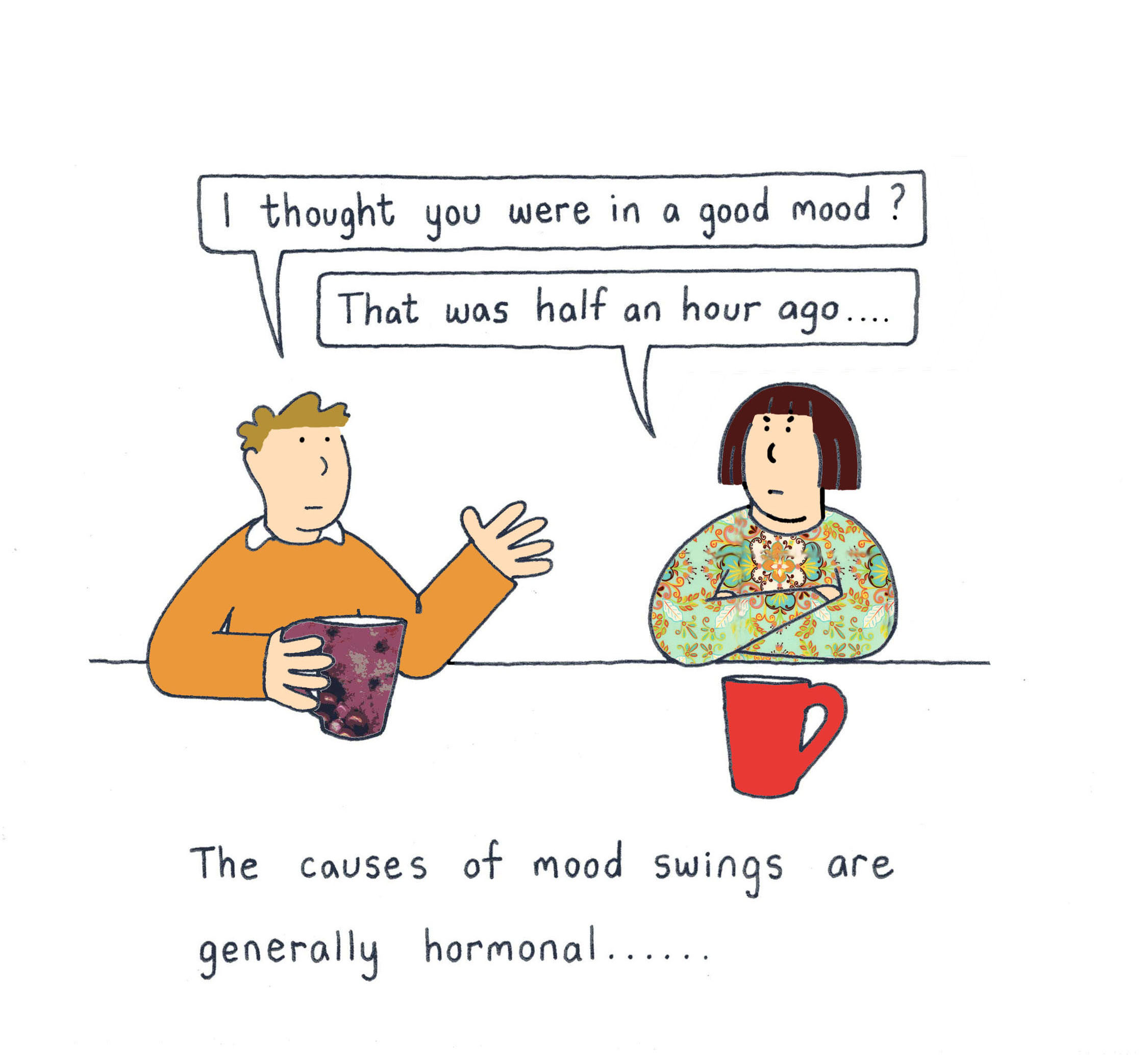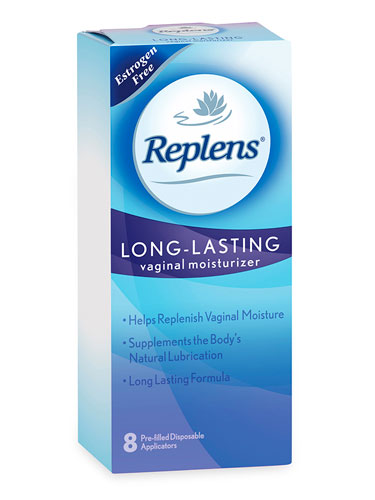Lemons
I had intended to devote today to an interesting study about music in restaurants and how it influences our food intake. But instead, all I can say is that sometimes life gives you lemons.
What a cliche, eh?
No really, life is filled with disappointments. No surprise, I know. But, when they come flying at you like a curve ball from a top pitcher, all you can do is try to get a hit or duck.
Right now? I am doing neither, taking stock, stepping back, mulling and meditating.
I’ll see you on Monday with that great piece about music and eating. Meanwhile? Have a beautiful, flash-free weekend!
Read MoreWednesday Bubble: Menopause & Long-Term Weight Loss – Is It Possible?
When it comes to losing and keeping weight off, experts say to keep your eyes on the prize. In other words, long-term goals and not short-term gains should be the focus.In fact, a study that will appear in the September issue of Journal of the Academy of Nutrition and Dietetics suggest that caloric intake, while shown to be beneficial for achieving immediate weight loss may be difficult to sustain in the long-term, especially among menopausal women. In an accompanying press release, lead study investigator Dr. Bethany Barone Gibbs explains: “Not only does motivation decrease after you start losing weight, [but] there are physiological changes, including decreased metabolic rate.” These changes, she says, are accompanied by increases in appetite-related hormones, adding “combined with natural energy expenditure decline in women following menopause, it is extremely difficult for older women to lose weight and maintain weight loss.”
Fortunately, study findings do emphasize a critical strategy: what you eat is extremely important.
The researchers came to this conclusion after studying eating behaviors in over 500 postmenopausal women. Over a period of two years, half the women met regularly with nutritionists, exercise physiologists and psychologists, and decreased the amount of total, saturated and trans fats that they ate, along with cholesterol from meat, dairy, fats, oils, baked goods and snacks. Conversely, they increased their intake of of foods rich in soluble fiber, fruits, vegetables, whole grains and sources of plant stanols/sterols (almonds, brussel sprouts, wheat germ/bran, peanuts, olive oil – all of which modulate cholesterol) and omega-3s. They also slowly incorporated physical activity into their lives until they reached set goals of 150 to 240 minutes weekly of moderate intensity physical activity and strength training. The other half of the women were offered 2 to 4 yearly seminars on general women’s health issues, such as smoking cessation or the benefits of regular physical activity but not weight loss. The entire group of women also had their eating habits tracked over the study period.
On average, women who changed their eating habits lost about 17 pounds over six months. These changes, which included lowered intake of desserts, sugar-sweetened beverages and fried foods, increased fish consumption and less restaurant meals were significantly associated with weight loss. After four years, this held true and continuing to eat fewer desserts and fried foods and cutting out sugary drinks proved to be beneficial. However, it also appeared that that eating more fruits and vegetables and decreasing intake of meat, cheese and sugar-sweetened beverages were additional factors in the women who were able to maintain their weight loss.
The overall message is clear: as we age, tried and true strategies, i.e. lowering caloric intake are important. But equally important in the long-term are more fruits and veggies and less meat and cheese.
Change and sustain. This doesn’t mean that you should sacrifice your cravings 100 percent. But you what you see now may not be what you get later if you are not mindful of what you’re putting into your body. Time to change your outlook? You bet!
Read More
Depression: Walking the Walk
I’m always on the look out for evidence-based alternatives to drug therapy — not because I believe that drugs are bad — but because I believe that sometimes there are safer ways to manage certain conditions, ways that may minimize side effects or interactions. Moreover? We are a society that relies on a quick fix and sometimes, that quick fix brings on a host of other issues.
Depression and hormonal imbalance go hand in hand as much as love and marriage, babies and carriages, and yin and yang. As many as 40% of women are affected by depression during menopause, but there are other factors that come into play, including gender (women are 1.5 to 3 times likelier than men to report a lifetime history of depression), stress, family life, general health issues, a lack of exercise and genetics. Moreover, research has shown that how women perceive the effect of menopause and its symptoms on their physical health can significantly affect whether or not they develop depression at the start of the ‘pause.
When you think ‘depression,’ you probably think melancholy, sadness, feeling blue and out of sorts. But depression can also affect working memory and bring on persistent negative moods, which may not be easily resolved by drugs alone or by behavioral/psychotherapy alone. Consequently, being aware of alternative strategies may be helpful for some people. That’s why I was so intrigued by the concept of Attention Restoration Therapy (ART).
ART examines attention and divides it into two parts:
- Involuntary attention, in which our attention is somehow captured by some sort of stimulus that stands out
- Voluntary or directed attention, which is directed by specific mental processes and intellect
According to ART (which is backed and validated by scientific research) interacting with certain types of environments can promote or invoke involuntary attention; this allows our directed attention a replenishing respite, one that people with depression, who incidentally are more likely to be mentally and attentionally fatigued may benefit. Natural environments in particular, have been shown boost this attention shifting process in healthy individuals. More importantly, a small study that appears in the Journal of Affective Disorders shows that the same benefits may be obtained by clinically depressed persons. In fact, when both women and men were asked to take a 50 to 55 minute walk in an aboretum or an urban setting and deliberately asked to ruminate on a painful memory, they still scored higher on cognitive and attentional testing. After a second walk in an entirely different setting, nature walks were shown to boost both memory and mood.
Mind you, researchers still don’t know how long lasting the effects of nature are on depression, and if it matters if the person actually lives most of the time in a rural or urban setting. However, it does appear that when it comes to depression, walking the walk, especially if it’s in a natural setting, may boost mood and functioning and give attention a much needed rest.
Read MoreMonday Review: Chase the dry away – Replens
As many as half of all women going through menopause may experience vaginal atrophy — a thinning of the vaginal tissues due at least in part to a decline in estrogen. Although vaginal atrophy can occur during anytime in a woman’s life, it’s prevalence does increase with aging. And so do the accompanying symptoms of dryness, pain during intercourse, irritation, post-intercourse bleeding and of course, a decline in sexual desire and functioning as a result. While estrogen is certainly an option and prescribed by many clinicians for this problem, it’s always nice to have non-prescription alternatives that work just as well.
One of those options is Replens®
Unlike many over the counter lubricants that are geared towards replenishing lost moisture, Replens does not offer an instant, fleeting solution to dryness just before intimacy, but rather, appears to provide lasting moisture. Consequently, its recommended use is every three days (or as needed), although it can be safely used daily.
Replens comes in a pre-filled applicator that theoretically places moisture where you need it most; deep within the vaginal canal. It doesn’t have an especially pleasant or unpleasant odor or taste, although it is a bit on the sticky side. According to the manufacturer, some women may experience ‘a residue or discharge after initial use,’ which they attribute to the elimination of dead skin cells that may build on vaginal tissue and say will dissipate over time with regular use.
Although the evidence supporting its use is a bit scant, there are some data from a very small study comparing Replens to topical estrogen therapy over 12 weeks that shows equivalent and significant improvement in moisture, fluid and vaginal elasticity as the vagina returned to a healthy pH state. These data were more recently quoted in a New England Journal of Medicine review. It appears to be safe and importantly, is compatible with natural rubber latex, polyisoprene and polyurethane condoms.
Admittedly, I am most impressed that the company that manufactures Replens also manufactures RepHresh Vaginal Gel, a product recommended/prescribed by my gynecologist that I’ve personally used on and off for years. RepHresh is indicated for maintaining a healthy vaginal pH and for Group B Step vaginal infections and is truly a fine product.
Got dry? You may want to try Replens before you turn to vaginal estrogen cream. It has a good price point – $16.99 for an 8 pack of prefilled applicators which if used as directed, lasts for about a month. The company is also offering a $3 off coupon on its website. Moreover, if you have questions about sex and intimacy that you have been dying to ask but don’t know where to turn, you can tap into an expert anonymously and free via their Facebook page.
Good company, great products, non-hormonal.
A perfecta trifecta to chase the dry away.
[Disclosure: a company representative contacted me via email and asked if I would like to try Replens. I was sent one box of product but was not reimbursed for this review.]
Read More











